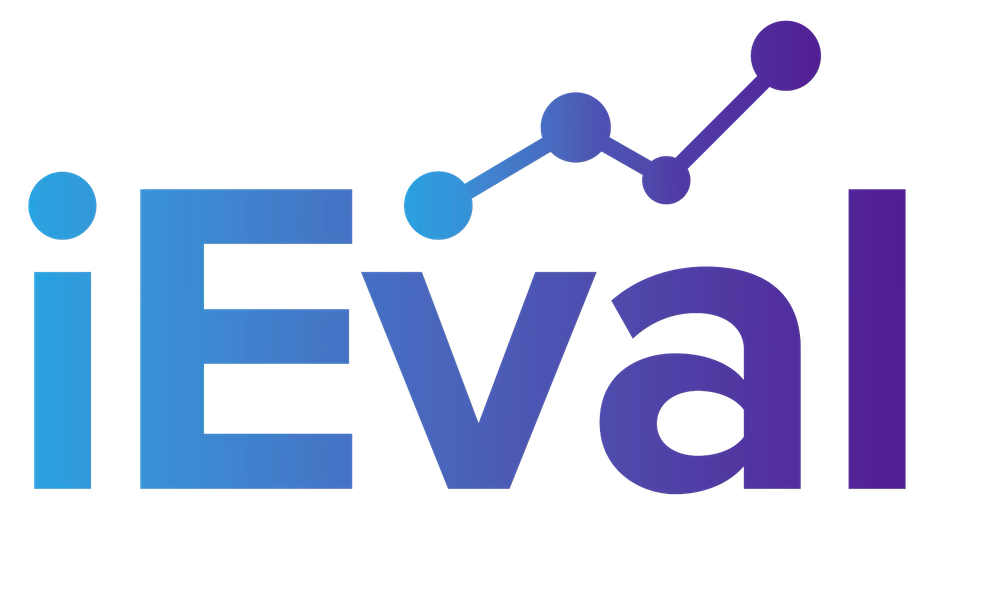As someone who is very interested in Thomas Jefferson (thanks to my husband, Paul, for introducing his love of the colonial period and Jefferson to me 23 years ago), I am very aware of his contributions to our lives today. There are the pivotal historical milestones that we are all aware of: primary author of the Declaration of Independence, minister to France, 3rd President of the United States, and founder of the University of Virginia. What about those more unusual innovations that we can credit Jefferson with for adapting and/or bringing to the United States? There’s vanilla bean ice cream, the Jefferson cipher wheel, European grapes spliced with his own grapes to create a sturdier stock, a seven-day dual-facing clock (made for his home in Philadelphia but then transferred to Monticello where they cut a hole in the floor to make it fit!), an entire octagonal house (Poplar Forest) designed to allow better air flow and more light, a letter duplicating device (polygraph), the revolving bookstand, a partially automatic door, etc.
Thomas Jefferson may not have invented all of those things, but he listened, observed, took notes, and enhanced recreations of those items to improve his own life. He kept a weather journal, writing down the daily conditions in a systematic way. He kept a transactional journal, noting what purchase was made, from whom, for how much, when delivered, etc. He kept copies of all letters he wrote and received. He monitored how his gardens took shape, including how seeds were planted, growth rates, rain and sun, and cultivation techniques. Thomas Jefferson monitored everything, and he made decisions for improving his systems based on the data he collected. Doesn’t that sound like an evaluator?
There are differing perspectives on what core competencies or skills are required of a high quality evaluator. Several ideas that evaluators need to understand and know how to use that appear to transcend the arguments and span across thought leaders and publications include conceptual frameworks, data management, data analyses (quantitative and qualitative), planning with data, and teaching with data. Jefferson clearly used conceptual frameworks as he planned improvements and recreations of what he’d seen overseas (e.g., swiveling chair, automatic door); employed various data management systems (albeit all in handwritten journals); analyzed his data to make decisions about planting, building, politics; and engaged others in his thought processes so they could learn from what he was doing (e.g., John Hemings, Ellen Wayles Randolph Coolidge). Maybe we should be referring to Thomas Jefferson as a Founding Evaluator as well as a Founding Father!
Now, why am I talking about this in a blog dedicated to evaluation use? The blog is called Carpe Diem – seize the day! I was recently at a Tom Talk at Monticello where the presenter, Diane Ehrenpreis, was talking about Jefferson’s attention to detail as he observed and took notes about mechanical inventions abroad then appropriated them for his own comfort back home. It hit me, as she was talking, that the tools and processes Jefferson used were very strategic and resulted in his use of data for improvements and decision-making. It's just another example of evaluation in the wild (see post 68 from the D23 Expo)! I decided to seize the day, share a little bit of history about Thomas Jefferson, and highlight several of his evaluative tendencies that resulted in the meaningful use of data! While I’ve never studied Thomas Jefferson in any evaluation course or seminar, I can definitely learn from his thorough attention to collecting data, systematic approach to analyzing it, and innovative applications of the data for improving his own situation at home.
DR. TACKETT’S USEFUL TIP: Keep your eyes and ears open for opportunities to connect evaluation theories to new (or old) practical applications!

